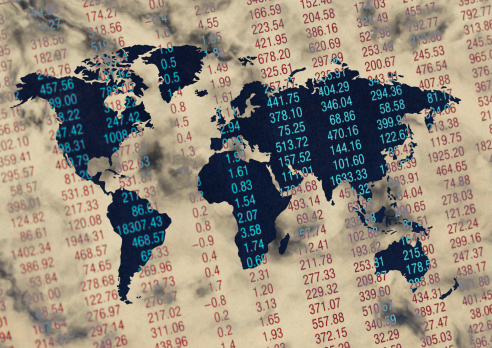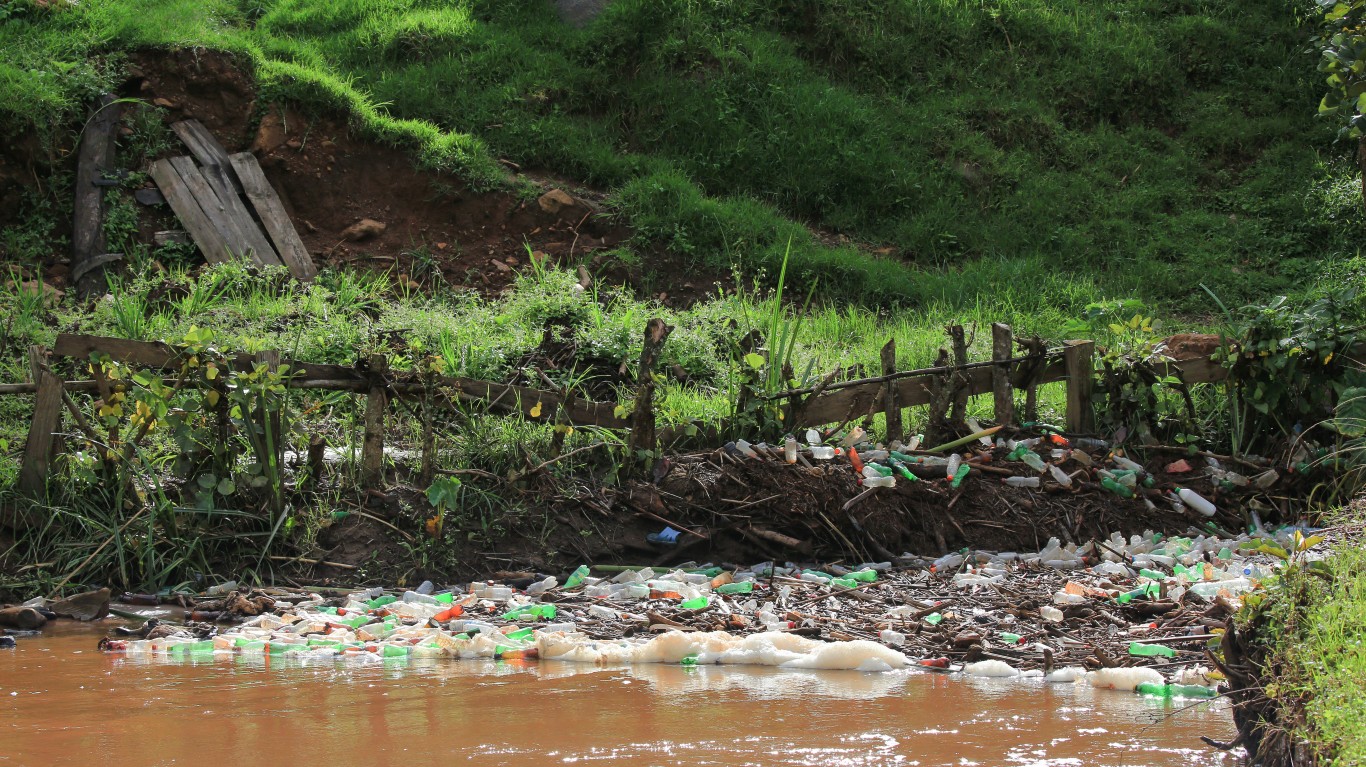It was just earlier this week that Fitch warned of risks to the global GDP growth story for 2014 and 2015 being to the downside. Now we are getting more indications that the global gross domestic product is heading lower as well — this time from Christine Lagarde of the International Monetary Fund (IMF). Lagarde gave a speech discussing the new mediocrity at Georgetown University and she also spoke with Bloomberg’s Tom Keene on Thursday.
Lagarde’s comments are on the heels of a Mario Draghi’s temper-tantrum, saying the European Central Bank cannot do much more to help assist a falling Europe. Lagarde gave a Bloomberg Television interview, indicating that she remains very concerned about the global economy and the pace of global growth in a new mediocrity.
Lagarde said that the IMF is watching markets with a lot of hesitation, monitoring buoyant financial markets with weak economies. She believes the United States is clearly one of the bright spots but still needs to invest in infrastructure. Other issues cited were infrastructure bottlenecks in emerging markets and India, as well as global currencies readjusting to economic realities.
Lagarde told Bloomberg’s Tom Keene about the new mediocrity:
The new mediocre has three components, if you will. One is it still has the legacies of the crisis. High indebtedness both sovereign and corporate and household sometimes. It has high unemployment in many corners of the world. Those are the legacies. Then we are facing serious clouds on the horizon and we have a lot of uncertainty. So if you combine the legacies, the clouds and the uncertainty, we have this horizon of the new mediocre where we are revising potential growth.
ALSO READ: The Worst Economies in the World
Lagarde said about the potential for infrastructure:
I think the more of us shout infrastructure is needed, the more of us face this poorly maintained bridges and roads around the planet, not just in the United States, not just in Washington DC where frankly riding a bike is becoming difficulty, but also in the low income countries and the developing countries where the — the power is needed, where there are obstacles to transportation, where there are bottlenecks in emerging market economies such as India for instance. It has to happen. And as you said, it would be good in the short term and it would support the medium-term growth potential as well.
Lagarde’s comments on the new realities of the currency markets were not very favorable for the euro. She said:
I think we’re seeing a readjustment that is also based on the readjustment of the real economies. … If you look at what is the brightest spot, it’s the US. So the dollar is appreciating as a result. If you look at the weakest in the advanced economies at the moment, it’s the eurozone. The euro is depreciating relative to the others.
Lagarde’s speech covering an expanded view on the so-called new mediocrity is longer and more detailed. Needless to say, there appear to be more global GDP growth risks than there were in prior weeks and months.
ALSO READ: The Most Educated Countries in the World
Credit card companies are handing out rewards and benefits to win the best customers. A good cash back card can be worth thousands of dollars a year in free money, not to mention other perks like travel, insurance, and access to fancy lounges. See our top picks for the best credit cards today. You won’t want to miss some of these offers.
Flywheel Publishing has partnered with CardRatings for our coverage of credit card products. Flywheel Publishing and CardRatings may receive a commission from card issuers.
Thank you for reading! Have some feedback for us?
Contact the 24/7 Wall St. editorial team.


